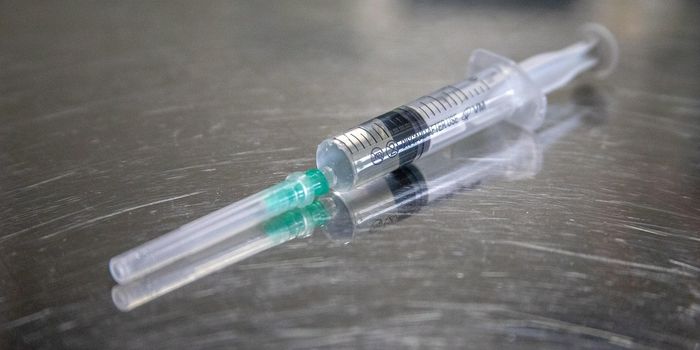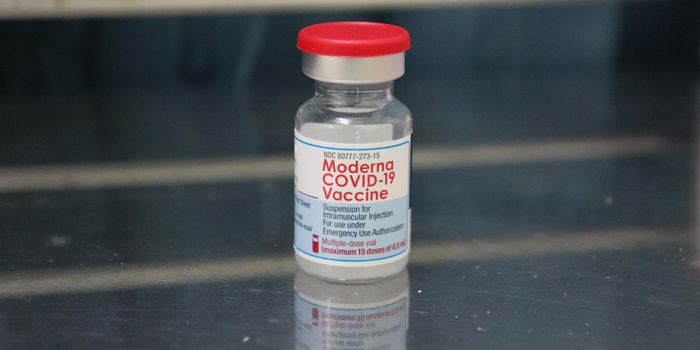Nuclear Pore Complexes Vital for T Cell Survival
What’s happening on the molecular level that ensures protective T cells of the immune system will do their job? A new study from Sanford-Burnham Prebys Medical Discovery Institute shows that nuclear pore complexes in the nuclear membrane are vital for T cell survival.
Researchers from the present study are the first to provide evidence of nuclear pore complexes (NPCs) playing a role in T cell activity regulation. NPCs facilitate the exchange of components between the nucleus and the cytoplasm inside the cell via 32 different proteins, called nucleoporins.
This activity allows NPCs to oversee gene activity and function, including genes that promote the survival of circulating T cells. This includes memory T cells, which are necessary for a healthy immune system that “remembers” certain pathogens and is ready for them when they return for a second infection. In addition to memory T cells, NPC activity is important for other CD4+ T cells that promote initiation of antibody production and regulate inflammation.
"We knew that [the nucleoporin] Nup210 was present in its highest levels in immune tissue, but we wanted to explore what this meant from a physiological perspective and whether it contributed to immune cell functions," explained lead author Joana Borlido, PhD.
Borlido’s study involved a mouse model where the subjects were genetically altered to lack the Nup210 gene. Without this gene’s activity, circulating CD4+ T cell levels took a huge hit, disrupting homeostasis. This showed the scientists that circulating T cells rely on the nuclear pore protein Nup210 to sense molecular signals vital for survival.
"Peripheral T cell homeostasis is achieved by careful orchestration of cell survival and division," explained senior author Maximiliano D'Angelo, PhD. "This study clearly links the loss of Nup210 with deficits of mature naïve CD4+ T cells, which are the cells that enable the body to fight off infections and diseases.”
“This is an unexpected discovery that may potentially be exploited for immune therapies to treat autoimmune and inflammatory disorders, infectious diseases and cancer,” Borlido said.
"Our next step is to investigate how Nup210 promotes pro-survival functions, which could be especially important for modulating the numbers and function of T cells in immune-based therapies and autoimmune disorders," D'Angelo concluded.
The present study was published in the journal Nature Immunology.
Sources: Theoretical and Computational Biophysics Group, Sanford-Burnham Prebys Medical Discovery Institute









